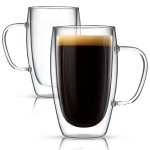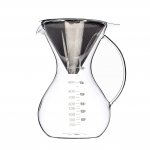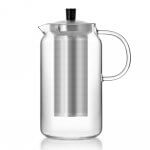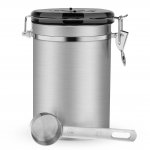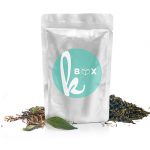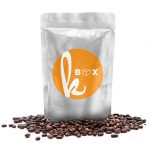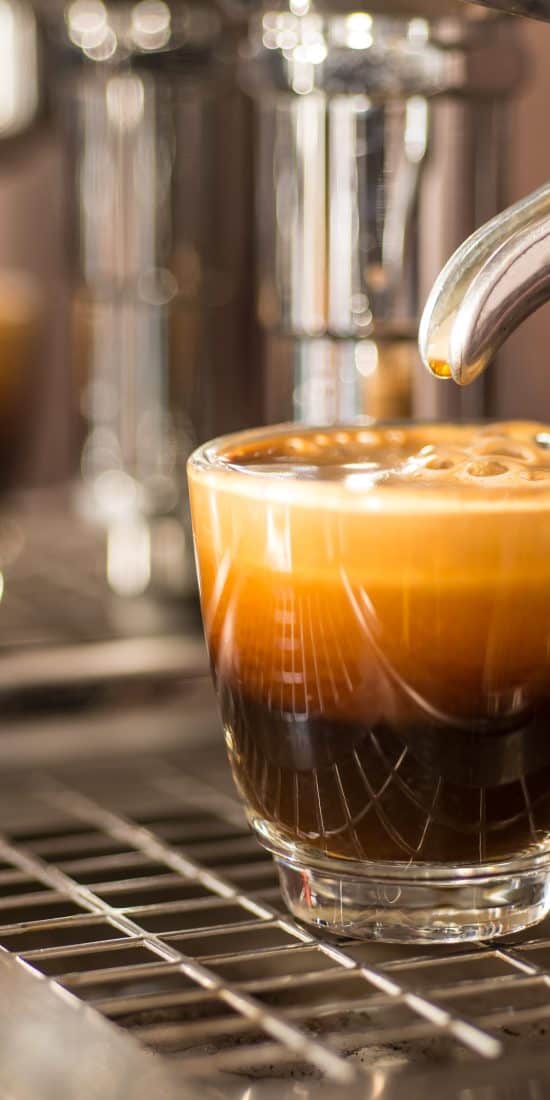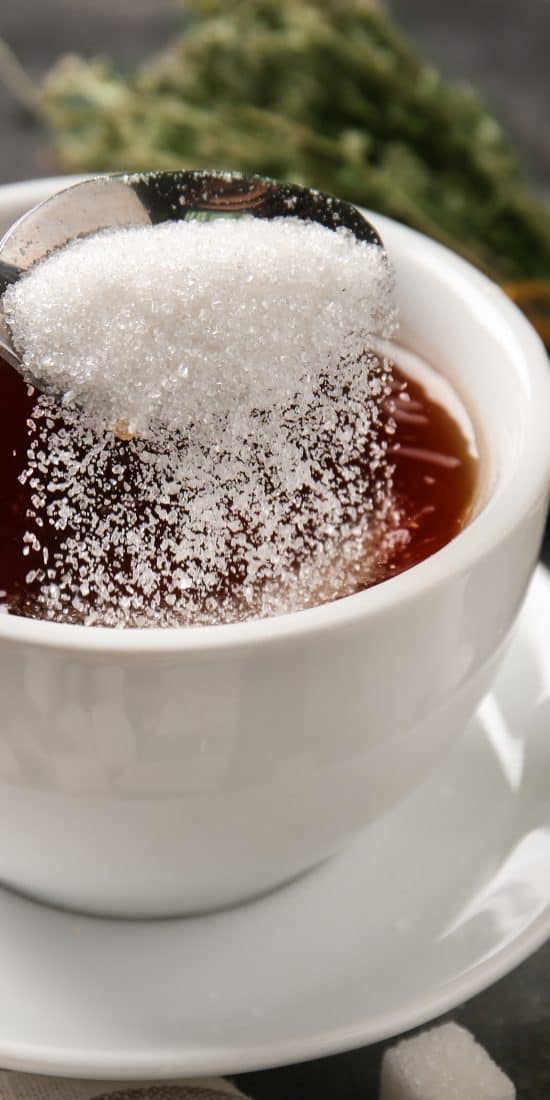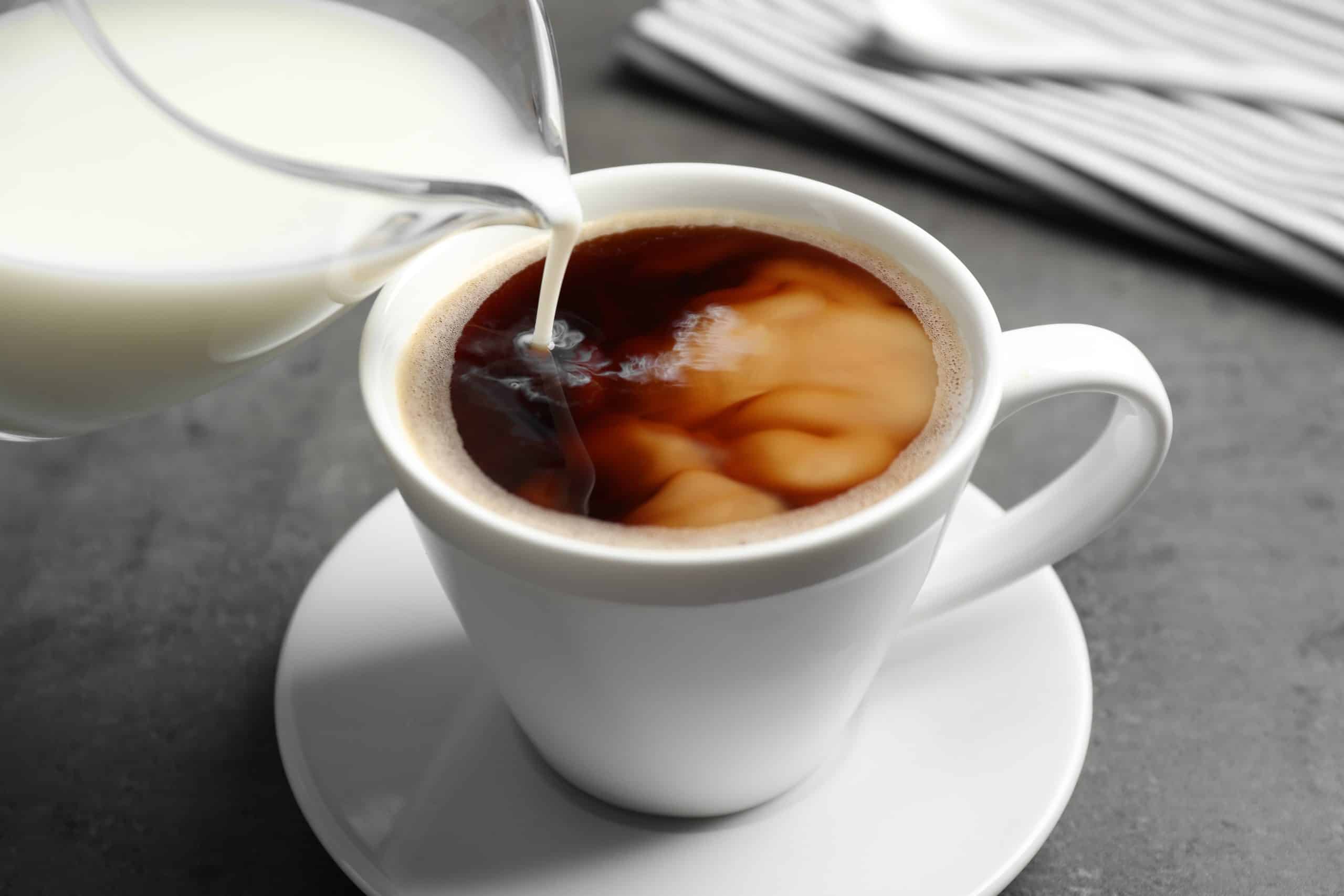
The Best Milk Alternatives for Coffee Based on Taste, Texture, and Froth
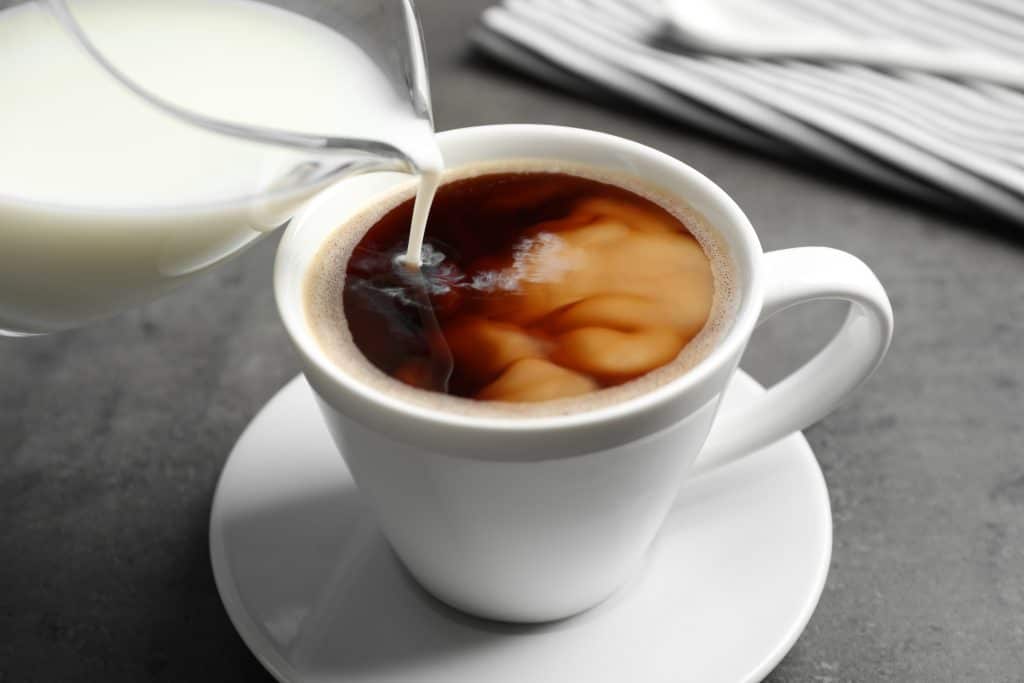
Whether you’re cutting out dairy, following a plant-based lifestyle, or just curious about switching up your morning brew, there’s never been a better time to explore milk alternatives for coffee. From nut-based options to grain-derived blends, each non-dairy milk brings its own flavor, texture, and frothing capabilities to your cup. But which one is truly the best milk for coffee?
Let’s break it down by taste, texture, and that all-important froth factor so you can find the right match for your brew.
What Makes a Good Milk Alternative for Coffee?
Before diving into individual options, it’s helpful to know what makes a milk substitute coffee-worthy:
- Taste: Does it complement or clash with the coffee’s natural bitterness or acidity?
- Texture: Is it creamy like dairy milk or thin and watery?
- Frothing ability: Essential if you love lattes, cappuccinos, or want to try latte art at home.
The best non-dairy milk for coffee balances all three and blends smoothly with hot or cold beverages without separating or curdling.
Oat Milk
Oat milk has skyrocketed in popularity for good reason. It has a naturally sweet flavor that enhances coffee without overpowering it.
- Taste: Smooth and neutral with a mild sweetness.
- Texture: Creamy and full-bodied.
- Froth Factor: Excellent. Barista oat milk froths beautifully and supports latte art.
- Best for: Lattes, flat whites, and everyday espresso drinks.
Best overall milk alternative for coffee lovers who want balance and creaminess.
Almond Milk
One of the original plant-based milk options, almond milk can be a bit hit or miss depending on the brand.
- Taste: Nutty with a slightly bitter undertone.
- Texture: Thin and watery.
- Froth Factor: Moderate. It can curdle in acidic or hot coffee unless you use a barista blend.
- Best for: Cold brew and flavored drinks.
Soy Milk
Soy milk remains a go-to vegan milk for coffee thanks to its protein-rich profile and neutral flavor.
- Taste: Slightly beany but blends well with most coffee types.
- Texture: Creamy and consistent.
- Froth Factor: Good frothability, though it can sometimes separate in very acidic brews.
- Best for: Hot espresso drinks and cappuccinos.
A solid choice if you want dairy-free milk for coffee with a bit more body.
Coconut Milk
With its bold tropical notes, coconut milk isn’t for everyone but it has its fans.
- Taste: Sweet and distinctly coconutty.
- Texture: Thin unless thickened in a barista blend.
- Froth Factor: Low to moderate; tends to separate in hot drinks.
- Best for: Iced coffee, specialty drinks, or flavored lattes.
Best avoided if you want a neutral flavor profile in your brew.
Macadamia Milk
Rich and buttery, macadamia milk is a rising star among non-dairy milk for coffee.
- Taste: Subtle, slightly nutty.
- Texture: Smooth and velvety.
- Froth Factor: Good, especially in premium barista-style versions.
- Best for: Cold brew, lighter roasts, and creamy lattes.
A great option if you’re experimenting with coffee creamer alternatives that feel indulgent.
Cashew Milk
Creamy and mild, cashew milk is another lesser-known but worthy contender.
- Taste: Slightly sweet and less nutty than almond milk.
- Texture: Thick and creamy.
- Froth Factor: Moderate; not as frothy as oat or soy.
- Best for: Cold coffee drinks, sweetened lattes.
Ideal if you like a richer milk substitute for lattes without overpowering flavor.
Rice Milk
For those avoiding both nuts and soy, rice milk offers a unique alternative, though with trade-offs.
- Taste: Very sweet; can mask the complexity of coffee.
- Texture: Thin and watery.
- Froth Factor: Poor—doesn’t hold foam well.
- Best for: Cold brew, light roast blends, or allergen-free diets.
Pea Milk (e.g., Ripple)
High in protein and surprisingly neutral, pea milk is an emerging favorite for milk that froths like dairy.
- Taste: Mild with an earthy finish.
- Texture: Thick and creamy.
- Froth Factor: Excellent with barista formulations.
- Best for: Lattes, cappuccinos, or anyone focused on plant-based protein.
Bonus: One of the more nutritious options among vegan milk for coffee.
Barista Editions: Are They Worth It?
Many brands offer barista oat milk, barista almond milk, and more. These blends typically include oils or stabilizers for:
- Improved frothing
- Creamier texture
- Better stability in hot coffee
If you’re aiming for reliable foam and rich mouthfeel, barista editions are often worth the upgrade, especially if you’re making lattes or trying your hand at latte art.
Milk Alternative Comparison Chart
| Milk Alternative | Taste | Texture | Froth Factor |
|---|---|---|---|
| Oat Milk | Mild, sweet | Creamy | Excellent |
| Almond Milk | Nutty, slightly bitter | Thin | Moderate |
| Soy Milk | Neutral, slightly beany | Thick | Good |
| Coconut Milk | Sweet, tropical | Thin | Low |
| Macadamia Milk | Buttery, subtle | Creamy | Good |
| Cashew Milk | Mild, slightly sweet | Thick | Moderate |
| Rice Milk | Very sweet | Watery | Poor |
| Pea Milk | Neutral, earthy | Creamy | Excellent |
Final Thoughts
When it comes to the best milk alternatives for coffee, the choice depends on what you prioritize: taste, creaminess, or foam. If you’re after the closest match to dairy in texture and froth, barista oat milk or pea milk are hard to beat. For a sweeter or nutty flavor, almond, cashew, or macadamia milk might suit your cup.
For coffee lovers exploring new ways to elevate their daily brew, choosing the right milk alternative is only part of the experience. Serving your handcrafted drink in a well-designed mug can make all the difference. That’s where Kitchables comes in—with our double-walled glass coffee mugs, you not only keep your coffee at the ideal temperature, but you also enjoy the visual appeal of beautifully layered lattes and frothy cappuccinos.
